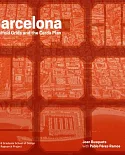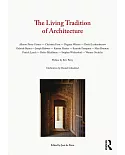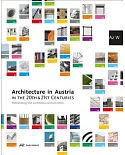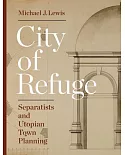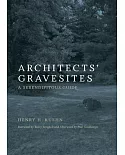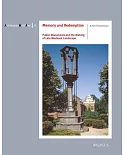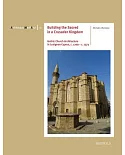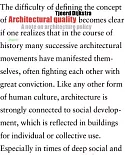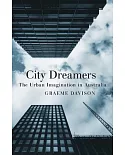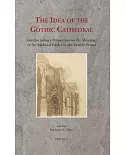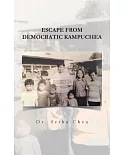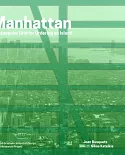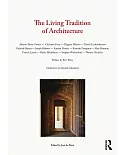Founded in 1950, Perspecta is the oldest and most distinguished of the student-edited American architectural journals. Perspecta 34 explores the temporary relationship between
architecture and the larger contexts within which social crisis and cultural transformation take place. The issue examines many questions associated with modernism, including the limits of
utopian urban planning, and considers alternatives to space as the dominant organizing concept for architecture. It views the contemporary as a fluid practice in which games, intuition,
collective imagination, and style emerge alongside conventional architectural approaches as ways to comprehend and shape the temporary landscape.
Case studies--on the Olympics, Belgrade protests, refugee housing--ask how temporary events intensify the possibilities and limitations for architectural innovation. Perspecta 34 also
explores the built environment as an ecology of change consisting of dynamic economies, movements of people, and overlapping systems of authority. The issue includes a portfolio of
twentieth-century temporary projects that reflect changing ideas of fabrication, the deployment of the architectural object, and architecture's relationship to social and cultural practices.




